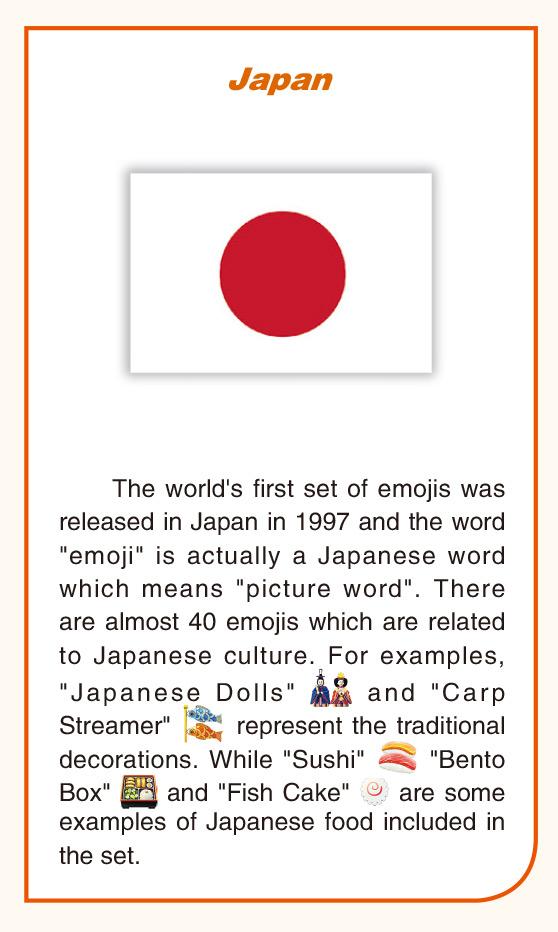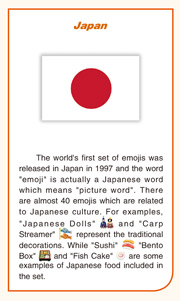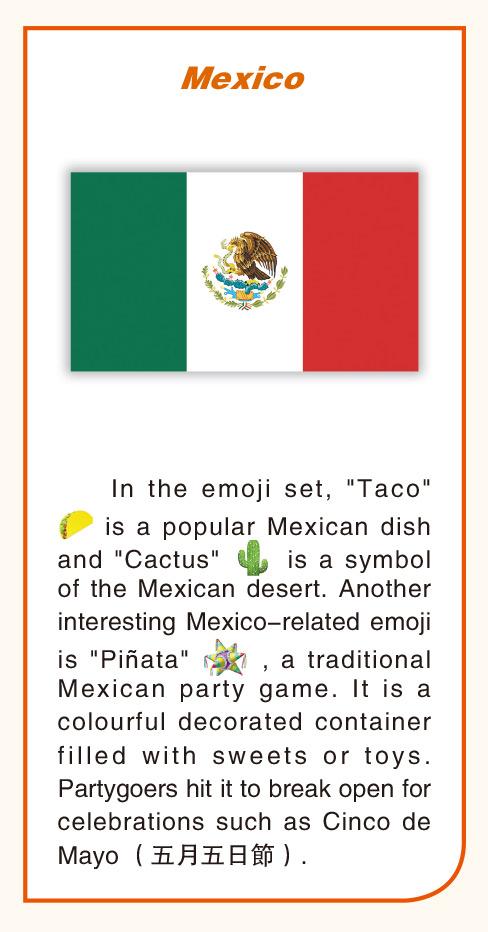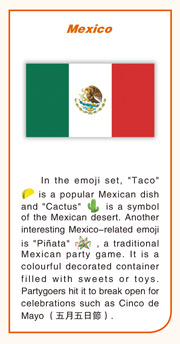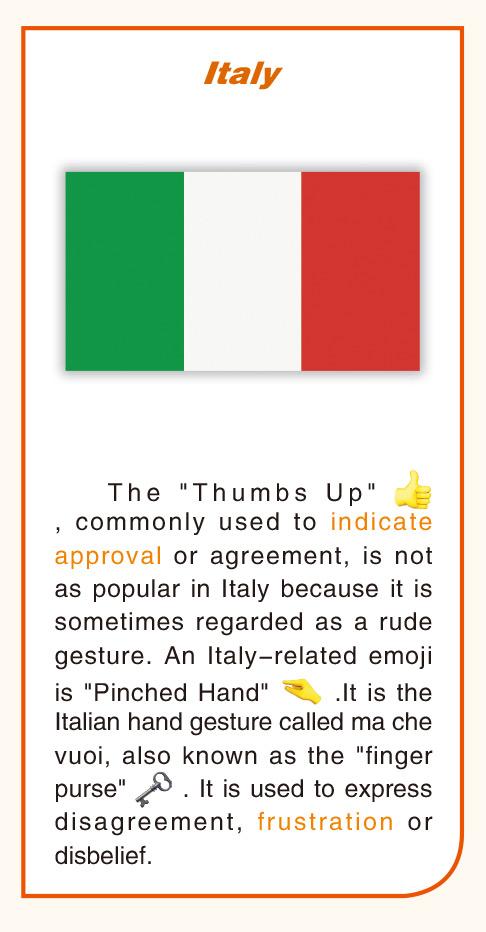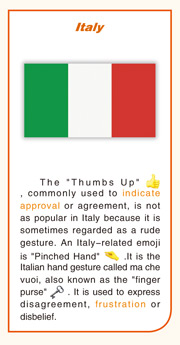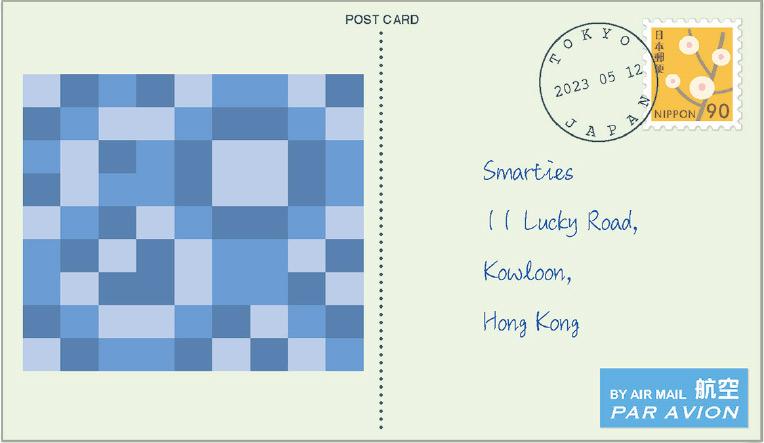Horizon : Use of emojis in different cultures
【明報專訊】In today's digital world, we use little pictures called emojis to show our feelings. Emojis seem to mean the same thing to people all over the world, but some countries use them in different ways. Let's find out how people in the following countries use emojis and see some special emojis that are unique to each country.
Japan
The world's first set of emojis was released in Japan in 1997 and the word "emoji" is actually a Japanese word which means "picture word". There are almost 40 emojis which are related to Japanese culture. For examples, "Japanese Dolls" and "Carp Streamer" represent the traditional decorations. While "Sushi" "Bento Box" and "Fish Cake" are some examples of Japanese food included in the set. (See the picture A)
Mexico
In the emoji set, "Taco" is a popular Mexican dish and "Cactus" is a symbol of the Mexican desert. Another interesting Mexico-related emoji is "Pi?ata" , a traditional Mexican party game. It is a colourful decorated container filled with sweets or toys. Partygoers hit it to break open for celebrations such as Cinco de Mayo (五月五日節). (See the picture B)
Italy
The "Thumbs Up" , commonly used to indicate approval or agreement, is not as popular in Italy because it is sometimes regarded as a rude gesture. An Italy-related emoji is "Pinched Hand" .It is the Italian hand gesture called ma che vuoi, also known as the "finger purse" . It is used to express disagreement, frustration or disbelief. (See the picture C)
■Gear up
1. Emojis carry the same meaning across all cultures.(True/ False)
2. Which country released the world's first set of emojis?
A. Japan
B. Mexico
C. Italy
(Answer on next text)
■Glossary
unique (adj)……獨特的
indicate (v)……表示
approval (n)……讚許
frustration (n)……沮喪
(Criticisms on this publication, if any, are aimed at pointing out the errors or defects of certain systems or policies with a view to rectifying or eradicating such errors or defects, as well as prompting improvement or remedy for them via lawful means. There is absolutely no intention of inciting hatred, discontent or hostility towards the government or other classes of the community.)
[Smarties' Power English 第378期]

